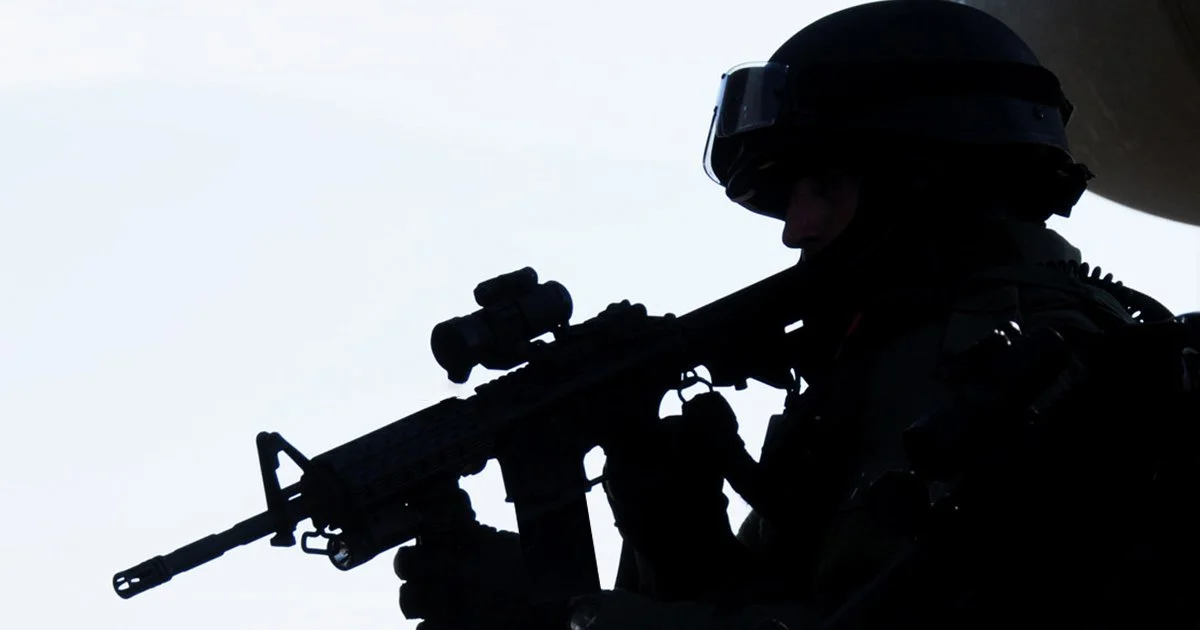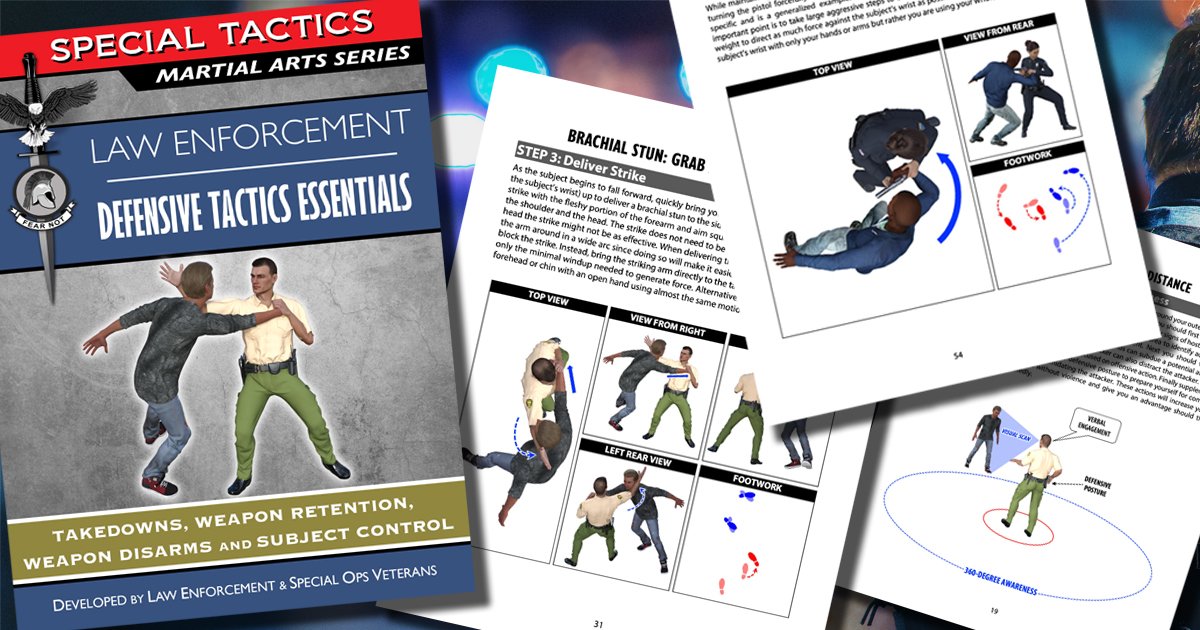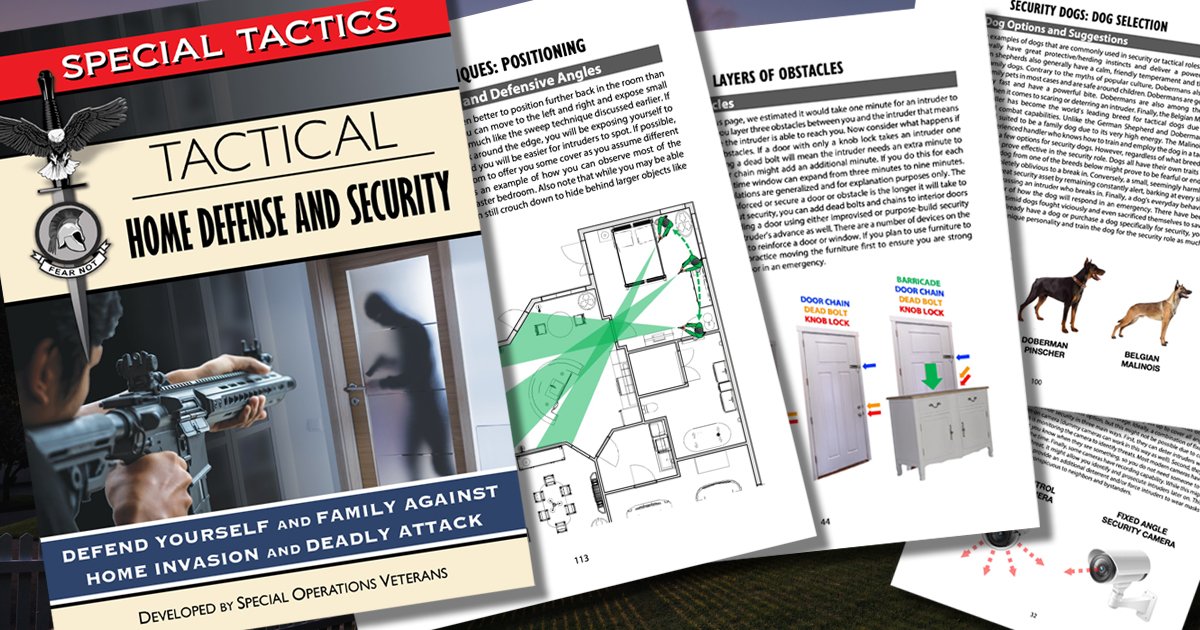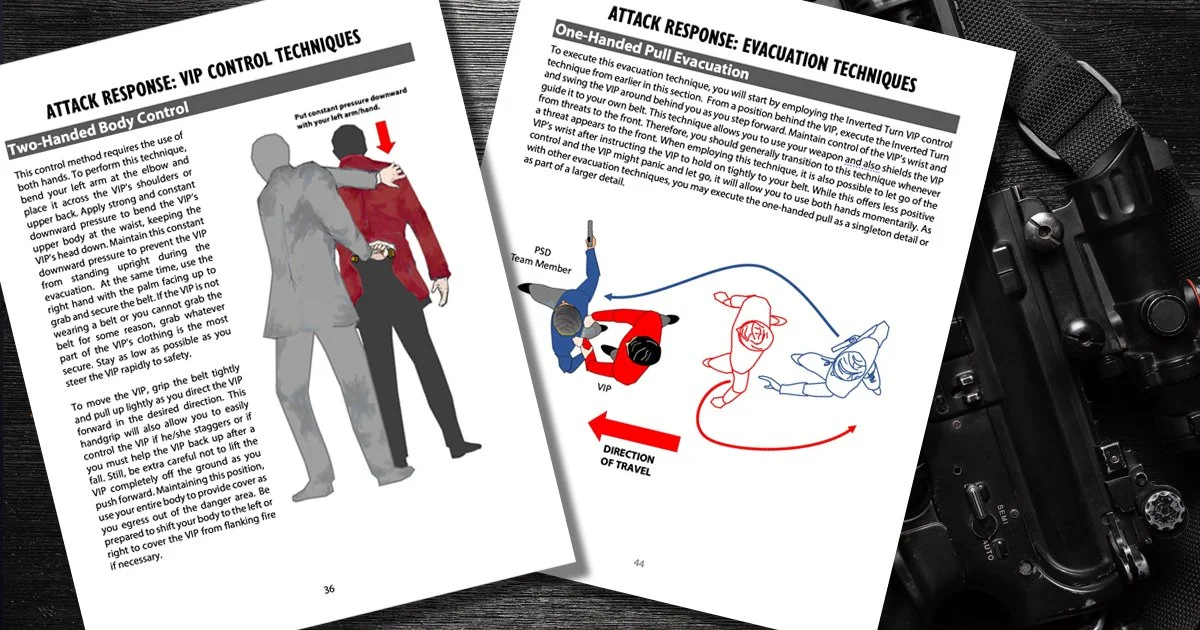The first two installments of our four-part article on school/church defense focused on the importance of integrating on-site armed guards and auxiliary security/support personnel with local law enforcement and offered seven suggestions for employing armed guards for school defense. This article deals with the incorporation of “auxiliary security assets” into the overall security plan. While this article references “school security,” the same principles can be applied to church security and other community facilities.
School Security, Church Security and Active Shooter Response Part 2: Armed Guard Employment
The last article on school and church defense focused on the importance of integrating three elements into a cohesive plan of action: On-site armed guards, auxiliary security/support personnel and local law enforcement. In this second part of the 4-part article, we will focus on seven suggestions for employing armed guards for school defense and how to integrate those guards into a larger plan/drill for responding to a deadly attack.
School Security, Church Security and Active Shooter Response Part 1: An Integrated Approach
The Special Tactics staff offers our prayers for the victims of the tragic school massacre in Uvalde, Texas and for the families who lost loved ones. Unfortunately, it seems clear that we have not seen the end of this rising trend of violent attacks. We want to do everything we can to help prevent future killings or at the very least reduce their number. Several years ago we published a 4-part article series (on our old website) covering Tactical School/Church Security and Active Shooter Response. We are re-publishing that article series here starting with the first part on an “Integrated Approach” to security.
Can Instructors Use ST Presentations for Their Own Classes? Yes!
We have recently received some requests from instructors, asking for permission to use our presentations and learning materials in their own tactical schools and courses. The good news for those instructors and all the other tactical instructors out there is that you do not need permission to use any of our materials in your own training. Just like a high school teacher does not need to get permission from the textbook publisher to use a textbook in his/her class, any tactical instructor or school can use any of our materials, as long as they don’t steal them or break any copyright laws. If you are interested in using our materials for your course or school this article includes a few suggestions and ideas that might help.
High-Intensity Urban Combat is Evolving
Our new High-Intensity Military Urban Combat book is an abridged version of the longer Squad-Level Military Urban Combat manual published by Special Tactics in 2017 which required controlled distribution and could not be published digitally because it contained sensitive but unclassified information regarding U.S. military urban warfare tactics. This version has extracted two sections from the original manual that contain no sensitive information, making this abridged version suitable for international, digital distribution. The core value provided by this new manual is a focus on the often neglected subject of high-intensity conventional warfare. Such tactics and knowledge could prove particularly useful for allied military forces as conventional conflicts grow more common around the world.
Advanced Room Clearing for Close Protection
Our latest book focuses on room clearing tactics (RCT) as they apply to VIP protection work. The book is the first volume in Special Tactics’ new advanced series. The term “advanced” does not necessarily mean that the techniques themselves are more advanced. The book still focuses on basics and fundamentals but instead of covering individual techniques, it focuses on providing more real-world, scenario-based examples of how to combine various techniques to solve tactical problems.
Tactical Martial Arts and Law Enforcement Defensive Tactics
Law enforcement officers are currently facing some of the most difficult and confusing challenges they have encountered in recent history. Crime, violence, and civil disobedience are rising around the world. At the same time, social trends have in many cases turned public opinion against the police, limited police funding and placed increased restrictions on police use of force. Given the current lack of funding, resources and manpower there is a need for defensive techniques and training methods that can achieve effective results with minimal training time. The Special Tactics Fighting Art (STFA) offers an approach that can allow officers to achieve high levels of performance in a short time by ensuring techniques are as simple as possible, easy to learn, and easy to apply under great stress.
The Lost Art of the Ambush
The ambush is one of the most commonly practiced but least understood tactical skills in the modern U.S. military. This short article is taken from our new Small Unit Infantry Ambush Tactics book. The article is drawn from the book’s introduction and discusses how the doctrinal “schoolhouse” mentality has caused many small unit leaders to forget the hard-earned ambush lessons of previous conflicts.
Outcomes Based Learning Hardcopy Now Available
We are happy to announce that our Outcomes Based Learning Professional Handbook is now available in hardcopy (paperback) from our online store. Emphasizing realistic, scenario-based evolutions, the OBL approach greatly improves combat effectiveness. Embedded in this post are links to both the hardcopy and e-book versions as well as re-prints of the last two articles taken from the OBL book.
Tactical Home Defense: Neighborhood Security
Our latest book goes into detail on a wide range of topics relating to home defense and security while providing examples of effective tactics and techniques that can help you protect yourself and your family. This article takes a few passages and diagrams from the sections on alert plans, neighborhood security and response. The full book goes into more detail on this topic also and covers personal response and law-enforcement response to a home invasion.
Tactical Home Defense: Defensive Positioning
Our latest book goes into detail on a wide range of topics relating to home defense and security while providing examples of effective tactics and techniques that can help you protect yourself and your family. This article takes a few sections and diagrams from the chapter on armed defensive techniques. The full book goes into more detail on this topic and covers many other topics including community defense planning, threat assessment, improvised weapons and security systems.
Machine Gun Employment: Fire Control and Surface Danger Zones
This article, drawn from our latest book on machine gun employment discusses some key concepts that relate to fire control and surface danger zones. Machine guns are some of the most decisive infantry weapons but they can also be difficult to employ effectively and safely. Fire control and direct fire control measures are critical for ensuring you take maximum advantage of your guns and avoid accidental friendly fire incidents. The full book goes into more detail on this topic and offers additional fire control techniques and examples for leaders at all levels.
Machine Gun Employment: Theory and Tactics
Our latest book on machine gun employment goes into detail on a wide range of topics relating to machine gun theory and various tactics and techniques for using machine guns in combat. This article takes a selection of short paragraphs on several key concepts and useful tactics that are critical for effective machine gun employment. The full book goes into more detail on each of these topics and shows how they relate to each other in the bigger picture.
Close Protection VIP Body Control and Evacuation Techniques
This article is adapted from our new Escort Detail Venue VIP Protection book and offers a few examples of techniques for physically controlling and evacuating the VIP in an emergency situation. When an attack takes place you will generally not continue moving in your standard walking formation. Rather you will either form a close or contact protective ring and grab hold of the VIP to physically control the VIP’s movement. Depending on the location of greatest threat, there are techniques for either pushing the VIP in front of you or pulling the VIP to safety.
Venue Close Protection: Large Crowd Attack Response
This article is adapted from our new Escort Detail Venue VIP Protection book. The article offers one technique for how a four-person detail might handle an unruly or violent crowd and evacuate the VIP to safety. When protecting the VIP from a large crowd, the detail must carefully monitor the mood of the crowd to anticipate problems or incidents before they occur. Crowds tend towards extreme behavior, whether positive or negative. If the crowd grows unruly for whatever reason, the detail might have a short time window to respond and get the VIP to safety.
CAT-C Marksmanship: Unexpected Outcomes and Hidden Challenges
This article is adapted from our new Outcomes Based Learning (OBL) Professional Handbook. It discusses how unexpected training outcomes can present hidden challenges, even for those who are experienced at implementing OBL. The article takes a real-world example from a CAT-C course that was implemented properly but did not end up achieving the same desired outcomes across the board. The results are surprising and can teach us a lot about how to get more out of training.
CAT-C Marksmanship: The Origins of Outcomes Based Learning
This article is adapted from our new Outcomes Based Learning Professional Handbook. The article discusses the difference between outcomes-based training and process-based training using the Combat Applications Training Course (CAT-C) and traditional Army Basic Rifle Marksmanship (BRM) training as examples. In an outcomes-based course like CAT-C you start with the desired outcomes and build every aspect of the training around those outcomes. This approach has proven itself to greatly improve real-world combat effectiveness.
The Problem with Army Battle Drills
This short article is taken from our new Squad-Level Infantry Rural Combat book and discusses some critical drawbacks in the way the U.S. Army teaches battle drills to small units. While the standard suppress and flank battle drill is intended only as a guideline or starting point for tactical maneuver, there are a number of problems with using the unmodified battle drill exactly as prescribed in the Army manual. Understanding these problems is a good starting point for developing better tactical options.
Infantry Rural Combat: Tactical Movement (Part 2)
This short article is taken from our new Squad-Level Infantry Rural Combat book and discusses how to maintain situational awareness while executing individual movement techniques in a real-world combat scenario. Even if a unit masters movement formations and techniques they may still find themselves at a great disadvantage if they don’t know how to look for and identify potential threats while moving.
Tactical Movement (Part 1) from our New Infantry Combat Online Course
This short article is taken from our new Squad-Level Infantry Rural Combat book which includes 200-pages of detailed full-color pictures and diagrams. The article discusses how to incorporate individual movement techniques into small-unit tactical movement in a real-world combat scenario. Even if a unit masters movement formations and techniques they may still find themselves at a great disadvantage in combat against an adversary that better knows how to apply those techniques to the reality of combat.




















